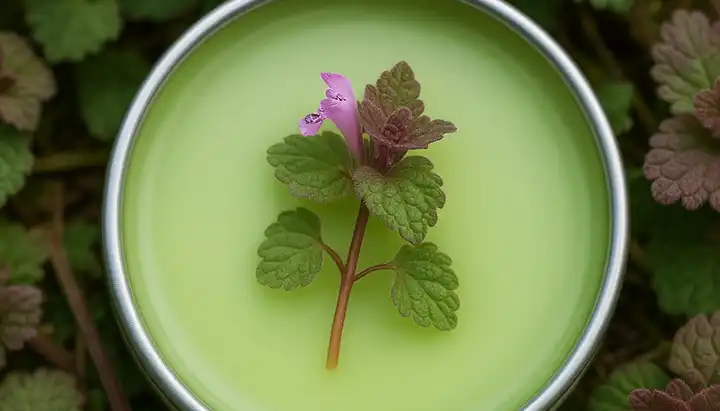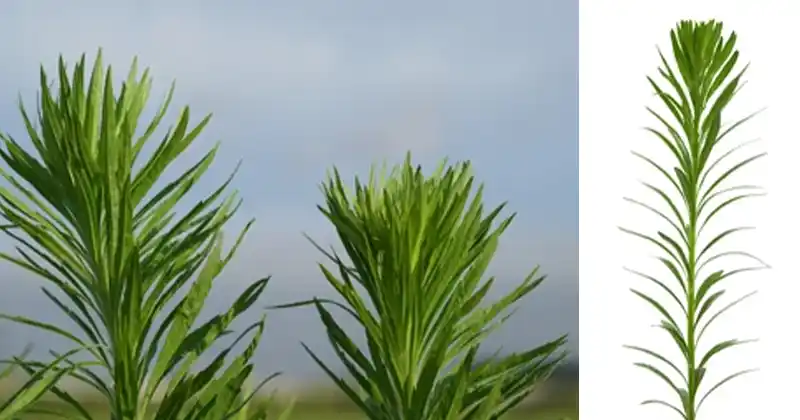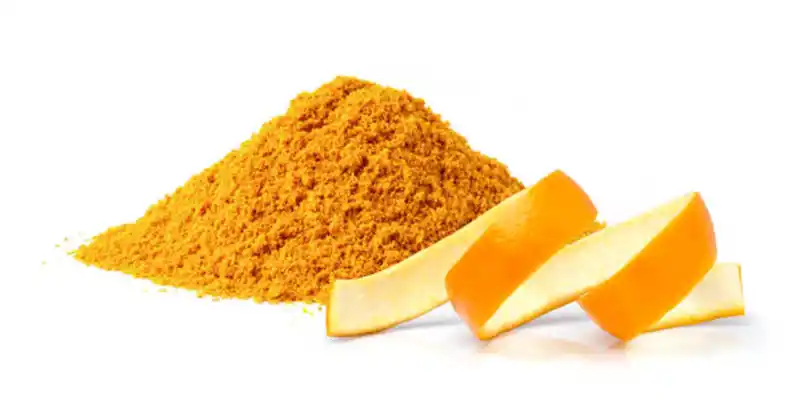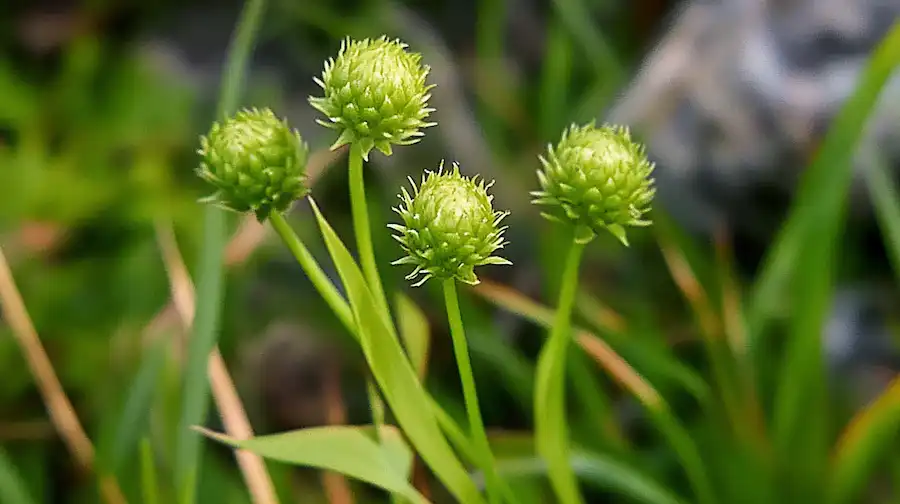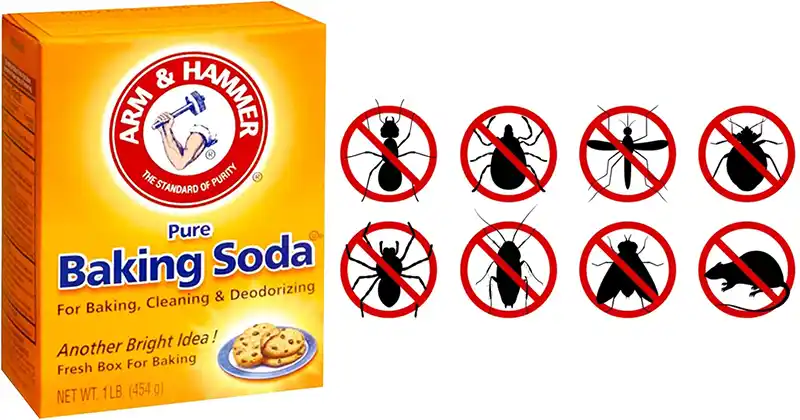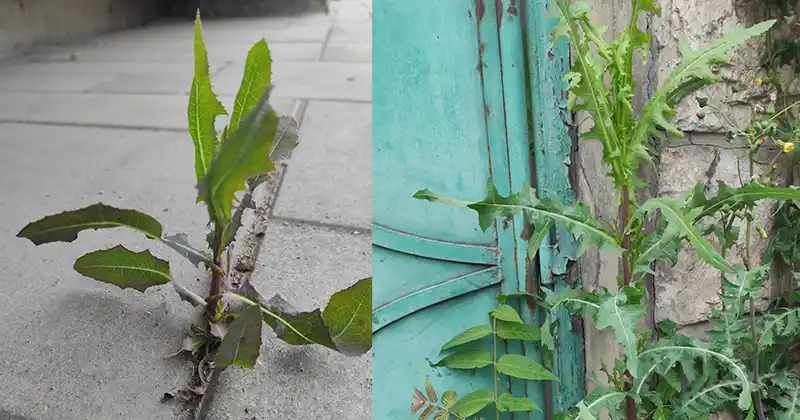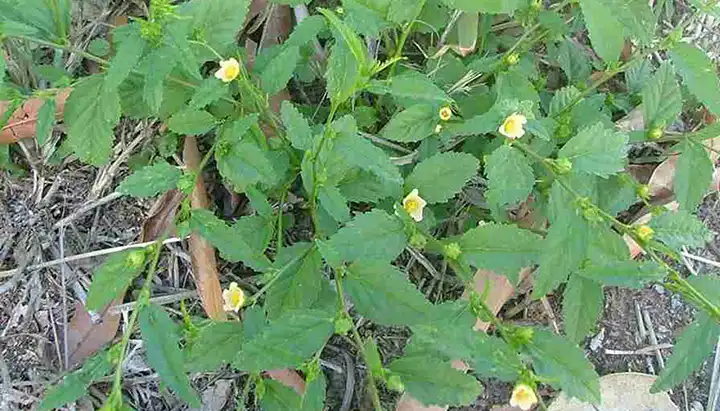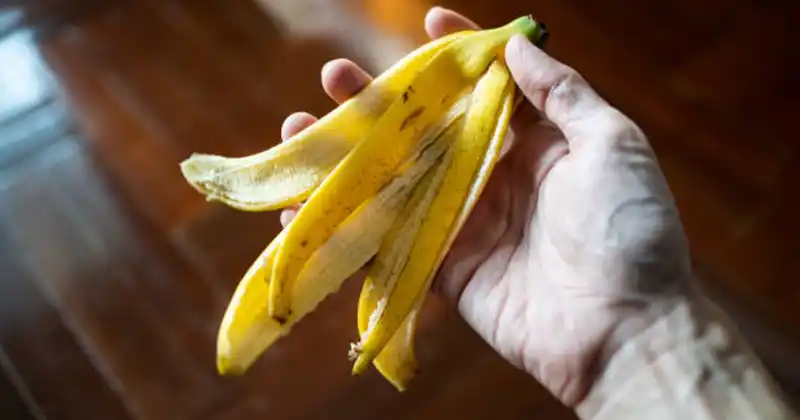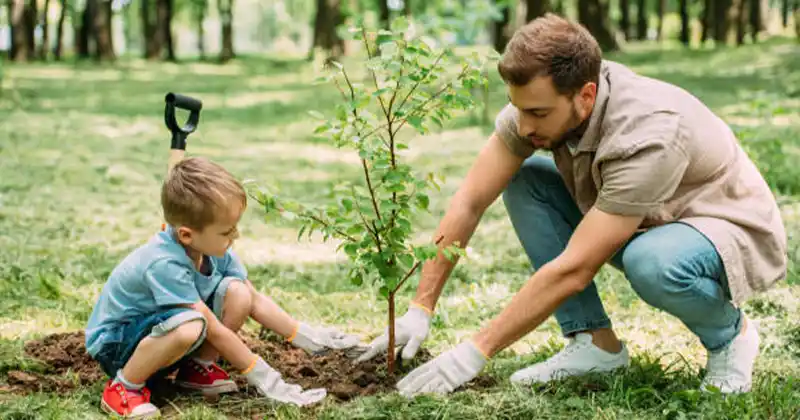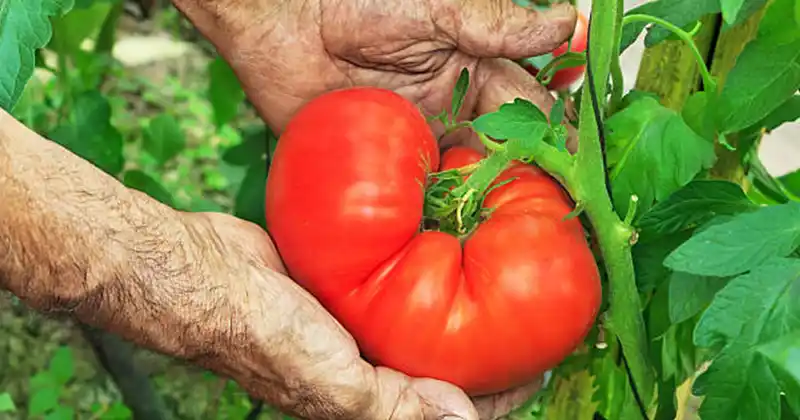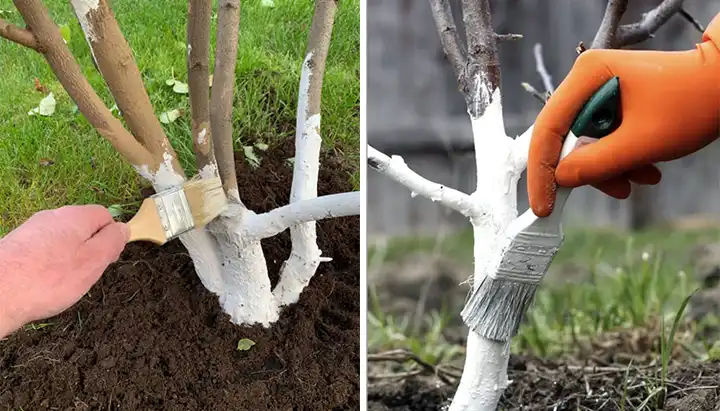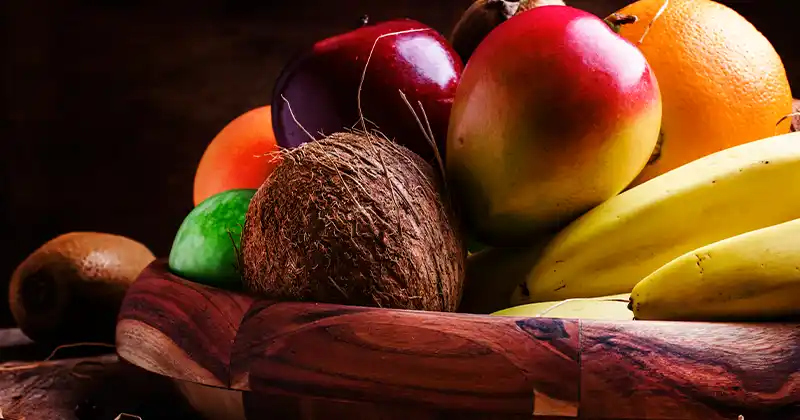7 Mistakes to Avoid When Collecting Rainwater for Your Garden
Collecting rainwater for your garden is an excellent way to conserve resources and maintain a sustainable lifestyle. However, it’s not as simple as just placing a barrel under a downspout. There are common pitfalls that gardeners, both novice and experienced, can encounter. This article outlines seven critical mistakes to avoid ensuring your rainwater harvesting is efficient, safe, and beneficial for your garden.
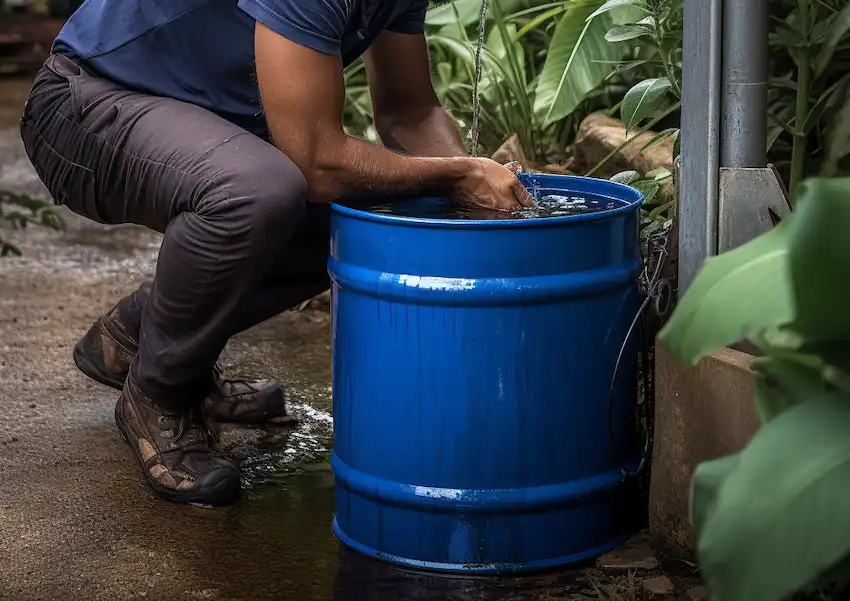
Mistake 1: Ignoring Local Regulations
Details:
- Check Local Laws: Some areas have specific regulations or even restrictions regarding rainwater harvesting. Ensure you’re not violating any local ordinances.
- Permits: In some jurisdictions, you might need permits for larger or more complex systems.
Mistake 2: Using the Wrong Type of Container
Details:
- Material: Use containers made of food-grade plastic or coated metal to avoid chemical leaching.
- Color: Preferably use dark colors to inhibit algae growth.
- Cover: Always use a lid to prevent debris, insects, and animals from getting in.
Mistake 3: Not Filtering the Water
Details:
- Pre-Filtration: Install gutter guards or screens to prevent leaves and debris from entering your collection system.
- First-Flush Diverter: This device ensures that the initial water, which might carry contaminants from the roof, is diverted away from your storage.
Mistake 4: Poor System Maintenance
Details:
- Regular Cleaning: Clean gutters, downspouts, and filters regularly to prevent blockages.
- Inspect for Algae: Check for and remove any algae buildup periodically.
- Container Maintenance: Inspect your container for cracks or leaks seasonally.

Mistake 5: Improper Water Use
Details:
- Non-Potable: Understand that without proper treatment, rainwater is non-potable and shouldn’t be used for drinking, cooking, or bathing.
- Sensitive Plants: Some plants may be sensitive to rainwater, especially if collected from certain roof types. Test the pH and mineral content of your collected water if you notice plant health issues.
Mistake 6: Not Securing the System Against Mosquitoes
Details:
- Tight Lid: Ensure your container has a tight-fitting lid.
- Mesh Screens: Use mesh screens on any openings to prevent mosquitoes from entering and breeding.
- Regular Inspection: Check and remove any standing water around your containers where mosquitoes may breed.
Mistake 7: Inadequate Overflow Planning
Details:
- Overflow Outlet: Ensure your container has an overflow outlet to handle excess water.
- Direct Water Away: Position or design your overflow system to direct excess water away from your home’s foundation and neighboring properties.
- Utilize Excess Water: Consider designing your system to divert overflow water to a rain garden or other areas that can benefit from additional water.
Collecting rainwater for your garden is a commendable practice that supports sustainable living. However, it’s crucial to approach this practice mindfully to maximize benefits and minimize potential problems. By avoiding these seven mistakes, you can ensure your rainwater harvesting system is effective, eco-friendly, and a valuable asset to your garden. Remember, a little preparation and maintenance can lead to bountiful gardens and sustainable water use for years to come.
